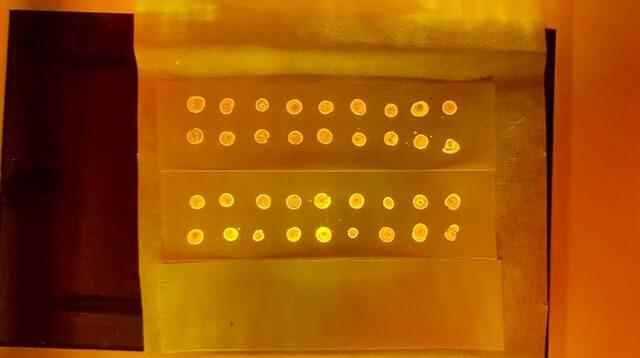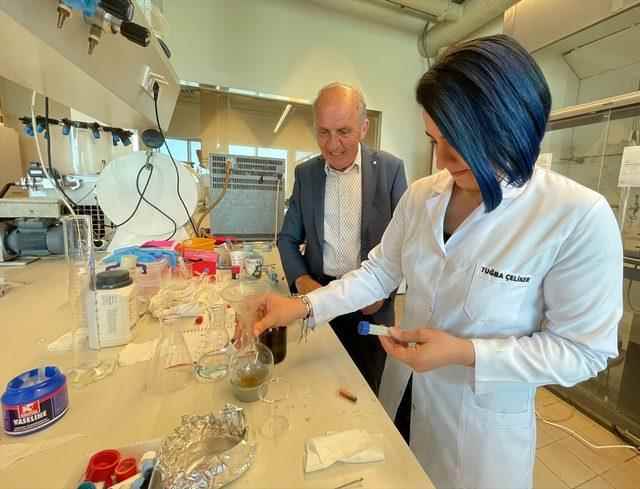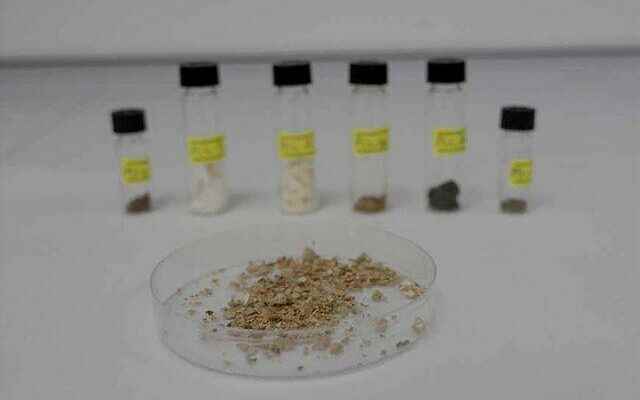ITU Faculty of Arts and Sciences Department of Chemistry Lecturer Prof. Dr. Under the direction of Yusuf Yağcı, PhD student Tuğba Çeliker and researchers from different faculties and departments of Ege University worked to instantly detect the coronavirus with a mobile phone-based rapid diagnosis kit.
Within the scope of the work carried out to develop a prototype in the laboratory environment, a paper-based diagnostic kit was designed with a new synthetic method, fluorescence and biocompatible polymeric material.
With the developed system, Kovid-19 and its variants can be analyzed with saliva samples. in as little as one second can be detected.
“IN THE PANDEMIC, IT PROVIDES THE OPPORTUNITY TO TEST PATIENTS FAST”
Speaking to the AA correspondent about the study, Prof. Dr. Yusuf Yağcı explained that they started a translational study model with researchers from Ege University in order to instantly detect Kovid-19 and other variants of the coronavirus.
Stating that they have developed a test system that detects coronavirus variants with fluorescent and biocompatible polymeric material in this context, Yağcı said, “Samples taken from real patients are dripped onto a paper and display a glowing appearance when light is shined on them thanks to their fluorescence properties. This shows that the test is positive. This method is a pandemic. It provides the opportunity for patients to be tested quickly during their periods.” he said.

Yağcı noted that they aimed to design a multiple test kit by integrating the developed system into other respiratory tract viruses.
Stating that today’s PCR test results take a long time, Yağcı continued:
“The developed system can be easily applied by patients. Even people can do this test themselves. In the studies, the starting polymer was synthesized and developed at ITU. With the system we developed, it is possible to perform tests by absorbing it on any surface or paper. Through the polymer, whether the virus is coronavirus as a result of its relationship with the polymer. “
“95% SUCCESSFUL”
Stating that this kit offers a new and cost-effective prototype compared to existing test systems, Prof. Dr. Yusuf Yağcı said, “It showed great agreement with the PCR tests performed on patient samples, and a success rate of 95 percent was achieved.” said.

Yağcı added that the results obtained from the study were also published in an international journal called “Microchimica Acta”. (AA)
